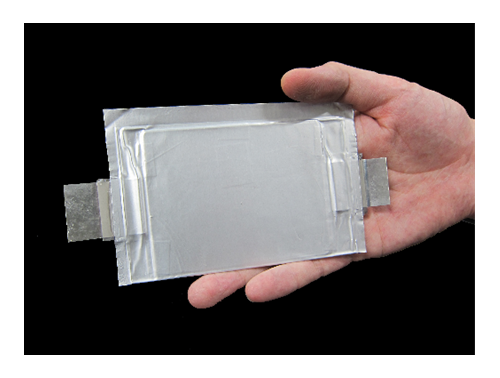Toshiba has unveiled a prototype of a lithium-ion battery that relies on a cobalt-free 5V-class high-potential cathode material with low nickel content and a niobium titanium oxide (NTO) anode.
The Japanese electronics manufacturer said that the battery's cathode can suppress gas generation deriving from electrolyte decomposition, which is a common issue of 5V-class technologies when combined with high-conductivity electrolytes.
The 1.5 Ah battery can be used in power tools, electric vehicles and high-voltage industrial applications.
“In tests, the battery demonstrates a high voltage of over 3 V, fast charging to 80% of capacity in 5 minutes, high power performance, and excellent lifetime characteristics, even at a temperature of 60 C,” said Toshiba.
Popular content
The battery can also retain its initial capacity for more than 6,000 charge/discharge cycles.
“The company aims to develop larger modules for in-vehicle applications,” Toshiba said. “Going forward, the company will continue to improve the technology toward commercialization in 2028.”
This content is protected by copyright and may not be reused. If you want to cooperate with us and would like to reuse some of our content, please contact: editors@pv-magazine.com.



I would like to know the energy density of Toshiba’s new battery by both weight and volume, and resistance to conflagration when installed in an ev, please. Also the cost, reserves, and availability of all the materials, as well as the manufacturing scalability timelines.
Many thanks.